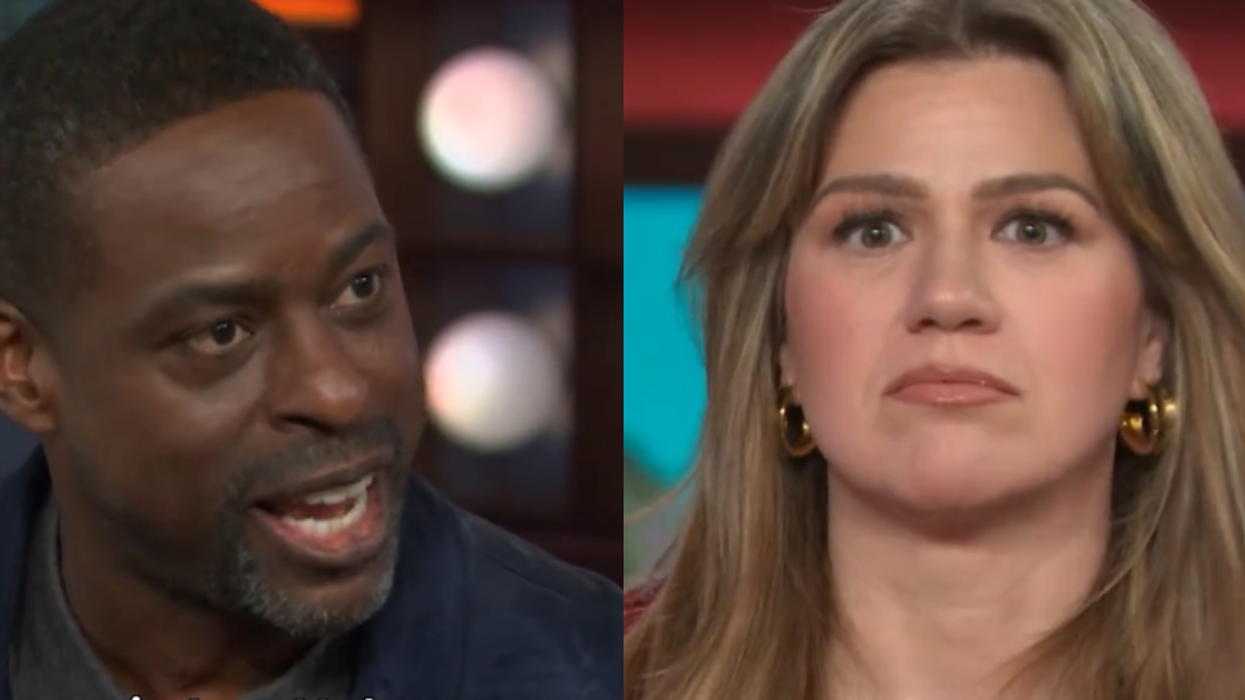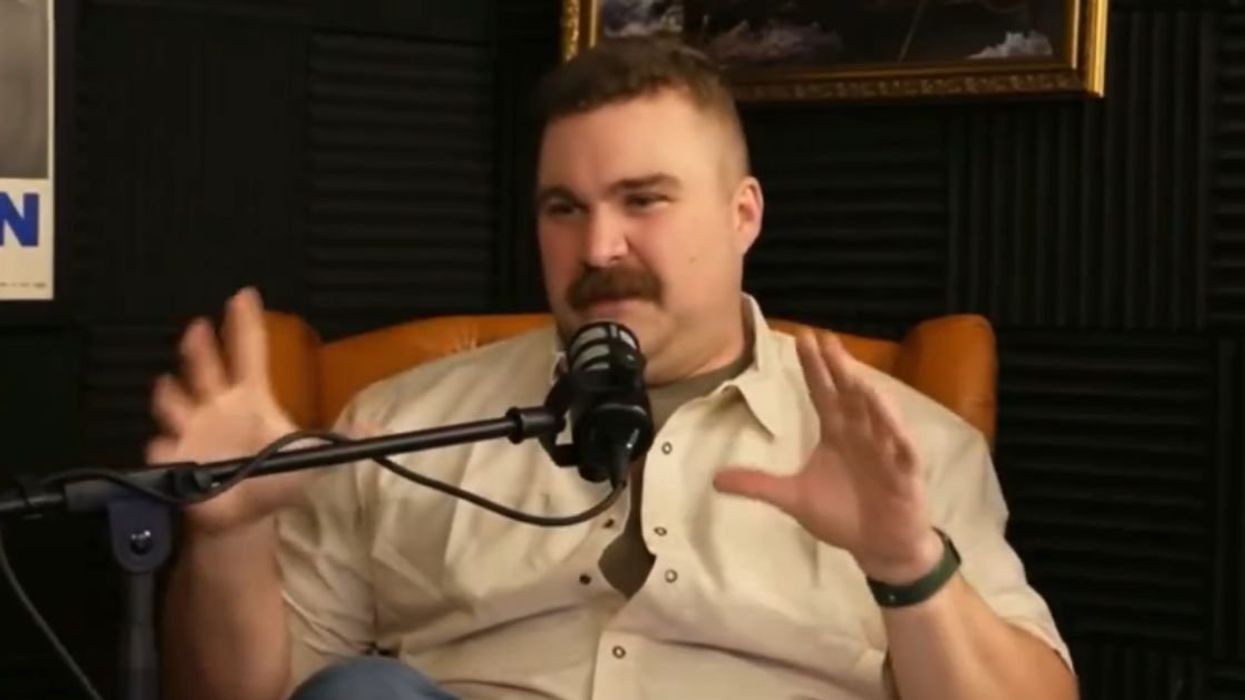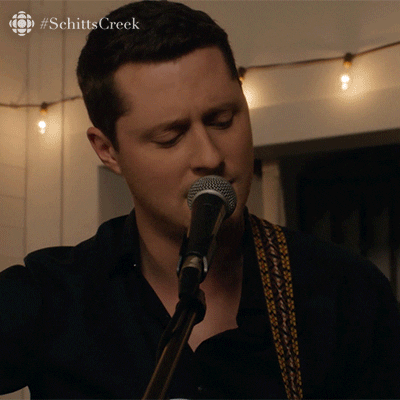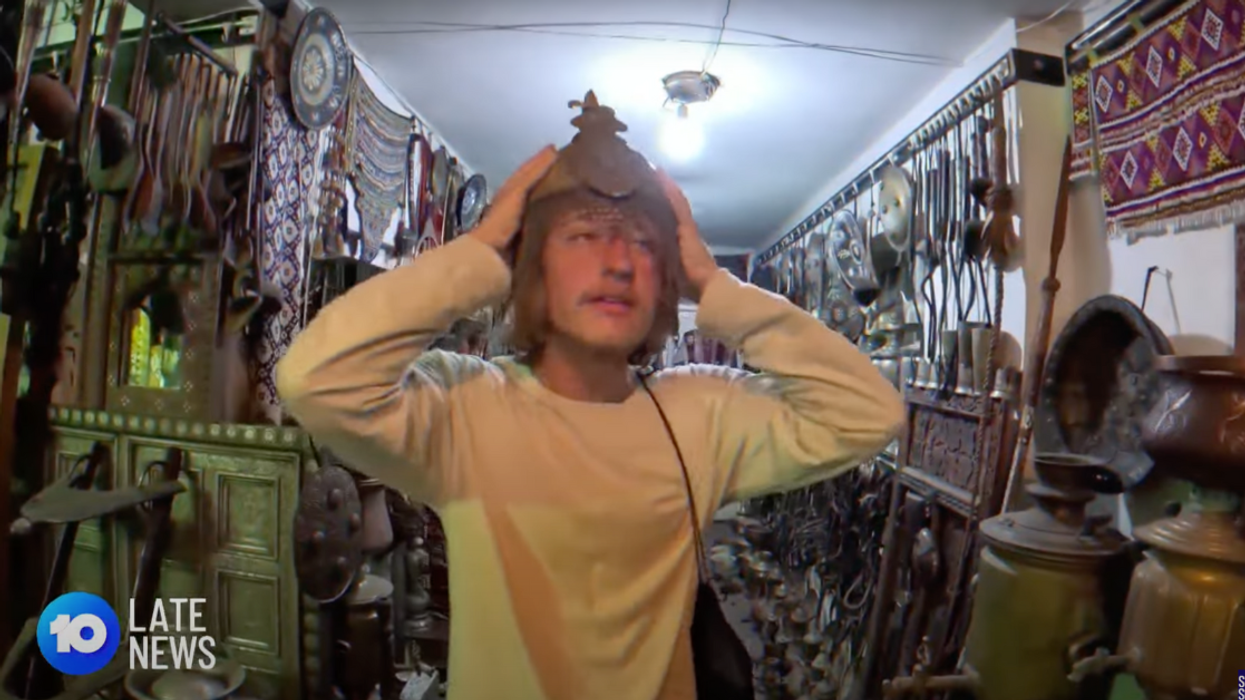Most people like to think of childhood as the easiest and happiest time in a person's life. Ideally, that's exactly what it should be.
Unfortunately, ideal isn't always real.
One Reddit user asked:
What's a subtle sign that someone had a rough childhood?
So let's talk a little bit about rough childhoods - or more honestly about what it does to a person. It changes them in ways that they, themselves, might not even realize. Even if they don't talk about it, there are signs that things were not or are not healthy at home.
This article is not directly about abuse or neglect - but in talking about the affects they have on people, there were some personal stories shared and uncomfortable truths discussed. Proceed with caution.
A Little Too Responsible
My sister in law adopted 3 siblings who are completely self-sustainable at a very young age. When they were visiting, I noticed a lot.
-If I gave anything to the oldest boy, he would pass it off to the youngest sister. Then I'd give him another and it went to the middle-sister. Then I'd give him another and he'd finally keep it for himself.
-I asked if they wanted water. He said "yes" and I asked if the girls wanted water too. "Oh, we can all share this one." Obviously I gave them all water, but that one hit me pretty hard.
-He knew their eating schedules and would nag my sister in law.
-Offered to make them mac and cheese or noodles or whatever we have laying around. Promised to clean up after. He was 12 years old.
-When "normal" kids play videogames, they're glued. This kid was constantly checking over his shoulder to make sure everyone was safe and if he felt one of his sisters was up to no good, he would put the controller down even if it meant dying or losing his progress in the game.
-To elaborate on "up to no good" what the oldest brother considered bad behavior was pretty innocuous. There were several instances of things I consider normal childish behavior that he would regularly put a stop to. The most outstanding one was being too loud. It wouldn't even be yelling or screaming. Just typical 5 year old make-believe noises that would cause him to run over and tell the little one to keep it down.
Insecurity
 Confused Issa Rae GIF by Insecure on HBOGiphy
Confused Issa Rae GIF by Insecure on HBOGiphyInsecurity.
My Psychology professor used to joke that, "Psychology is the study of common sense." When someone is Insecure, it is generally because they lacked security as a child. Parental love was typically conditional and varied depending on the caretaker's mood. The child becomes insecure due to love not being guaranteed, so to 'earn' this basic need, they will go throughout life trying to 'solve social puzzles' that don't exist. solving imaginary puzzles all the time can prove to be fatiguing, so these individuals tend to isolate themselves.
Milo
I remember going to summer camp as a kid and meeting Milo. Milo was big on attention seeking and validation, and would take food from the cafeteria back to his bunk, like eggs and toast. I remember thinking he was just weird, but I think looking back and knowing what I know now, he was probably being neglected at home. Thin as a rail and probably malnourished, so he wanted as much food as he could get, and just wanted someone to acknowledge him. Pretty sad stuff.
Liar Liar
I went through a compulsive lying phase from about age ten through...I dunno, 22 or so? A lot of innocuous stuff, like I really wanted the snooty horse girls in my fourth grade class to believe I had an uncle with a sprawling horse farm (?!?). It was absolutely attention seeking, and I've been beating myself up about it since day one. Looking back, of course it was attention seeking behavior. I was so lonely.
We talk about compulsive lying as such a pathetic behavior. Most people who recognize it just write you off as a nutcase or toxic or untrustworthy. But at 10? I was a little kid who didn't believe anybody could possibly like me.
My self worth was nonexistent. The fact that the lying continued through adolescence is because
a) the internet became a thing and I could almost effortlessly develop a whole new identity, which is intoxicating to somebody who feels worthless all the time, and
2) I was intelligent and imaginative enough to juggle the lies, so consequences came very slowly.
It's very appealing to treat liars with contempt, but it takes a special person to recognize the behavior's roots in abuse and neglect and find some compassion. I hope anybody who went through a lying phase (or is in one right now) can be kind to themselves. It's not pathetic to want people to like you. It's human.
Sorry
They apologize habitually, compulsively, and for everything. Even for things that have nothing to do with them.
This one hurts. I'm constantly told to 'stop apologizing,' and it gets so frustrating trying to explain that I CAN'T HELP IT. It was a survival mechanism in a home where I had no say, and would get in trouble for EVERYTHING. Even the things they told me to do.
Yep. And everything is their fault. They take you to a restaurant and the food sucks? They apologize profusely for it and feel terrible about it — it somehow has become their direct fault.
- Zerobeat
A Little On Edge
 flinch cecily strong GIF by Saturday Night LiveGiphy
flinch cecily strong GIF by Saturday Night LiveGiphyEveryone is different, but one that automatically raises a red flag for me, and makes me extremely worried is when someone flinches for "no reason". (I wouldn't say It's for no reason, but I don't know what other words to use. So really sorry about that!).
Like, you raise your voice slightly at them and they flinch, you raise your hands to grab something near them and they flinch, you look at them in a certain way and they flinch, you hug them and they flinch, etc., etc.
My dad would hit me when I was younger, but stopped around middle school age. He would get mad at me if I flinched when he went to grab something nearby me like it was my fault for being afraid of him. I think he stopped hitting me after this one time he went too far. He had me pinned up against the wall while kind of choking me? Idk the memory is pretty foggy now, but I remember my mom going completely off on him after that incident.
Defensive
From personal experience, they always have a defense about what they're doing and why they're doing it lined up.
I was verbally abused and mocked a lot as a child/teen, it hurt me a lot because it didn't matter if I did something right or wrong I'd get yelled at for it, so I learned to have an excuse prepared just in case I have to answer for what I'm doing. Even in my adult life I feel like I'm always thinking to myself ways to justify what I'm up to, even if it's something as benign as why I put a dish away where I did.
No one ever asks about the mundane stuff I do, but I always feel like I have to be ready to defend myself. It really sucks. I shouldn't have to justify my existence.
Lesson Number One
The first lesson we learn in childhood is: How much am I worth?
Our caregivers are the first to reflect this worth to us - from when we are infants and toddlers (if we cry, will someone come to us? if we fall down, will someone pick us up?) to when we are kids and teenagers (do our caretakers choose to spend time with us? do we get help with schoolwork/friend drama?). There is an important balance here. As kids, we want to be taught that we are equally important as everyone else.
Some kids are taught they are less important, and as adults, they may have a hard time asking for help. They think they are "bothering" someone when they have a problem. They may also prioritize the needs of others based on an underlying belief that other people are more important. Some kids are taught that they're more important than others, and therefore treat others poorly and have trouble learning empathy. They try to justify, in their own minds, why they are "better", which can lead to some narcissistic-type thinking/behavior.
A Handy List
From the horse's mouth:
- People-pleasing behaviours (class clown; always agrees)
- Overcompensating with laughter during conversation, in an attempt to appease others
- Self-isolating; stops contacting friends for seemingly no reason (due to feelings of inferiority/worthlessness)
- No motivation to make anything of themselves (believing they would only fail anyway)
- Allows themselves to be bullied; usually hangs out with/dates abusive people
- Conspiracy theorist (can't live without a sense of impending doom; will unconsciously find one)
- Extremely nervous when doing new things in front of others
- "So mature for their age" = didn't get to be a kid/teen
- Total inability to accept compliments
- No - or very few distant - friends as an adult
- Barely any memory of childhood
- No happy stories of childhood
- Extremely-negative self-talk
4 F's
Boundary issues are common, but reactions still are an individual thing. What helps to keep in mind is the 4F model of trauma responses:
Fight
Flight - running away
Fawn - to court favor by a cringing or flattering manner, so basically the stuff pathological people pleasers are made of.
Freeze
When you notice somebody's reactions are easily categorized as one of those and it is a very persistent pattern, adverse childhood circumstances of some sort are a pretty safe bet.
Food Hoarding And Other Signs
 mr bean eating GIFGiphy
mr bean eating GIFGiphyFood hording is a sign of food insecurities.
Both of my parents were addicts and I spent time in a foster home that had 10+ kids at all times. We were served what we were served, so if we didn't like it we went hungry. I would sneak food that I liked to my room and hide it from the other kids.
I also eat very fast. So much so that people comment on it all the time. My wife will pat me on the shoulder if it's super noticeable and whisper,
"No one is going to take it..."
I was also a bed wetter, which connects to my sexual abuse. but I think that goes past the question at hand.
I used to think my mistrust of police was because of my childhood, but I've since learned that everyone knows all cops are bastards, so that isn't just me. Even as a kid I would run at the first sign of law enforcement, even when I hadn't done anything. I was taught from a young age that the police weren't there to help, they were there to take me or someone I cared about away. Sometimes for good.
Less Important Needs
They think their needs are less important than other people's convenience. My husband was like this when we met. I think it's pretty normal (although not good) for men to be socialized to downplay their emotional needs, but my husband would downplay his needs for, like, food and medicine. He never said he was hungry, he would wait until I said I was hungry and then say "oh my god, me too."
One time he needed allergy medication because he'd been around a cat, he was obviously miserable, and I had to convince him that, yes, we would be stopping at the drug store on the way home, are you kidding me, you are not fine, shut up, your eyes are so swollen you can barely see.
My husband was one of those kids who was neglected in an affluent household. He always had clothes and food, but no one in his house ever had time for him. He has a hard time admitting he was mistreated because of this, but he's definitely got some psychological scars. His parents absolutely would have looked at his allergy-swollen face and told him to just deal with it, he's fine and anyway they're too busy to stop at store.
Expecting Escalation
My partner grew up with a cold unloving mother and an abusive father who would beat him regularly. I've noticed a few things with him. He is very hard on himself and others- things need to be done perfectly and to a high standard every time or he becomes super anxious or pretty much has a breakdown.
When we first got together he would freak out at every minor argument or disagreement we had, as if it was going to escalate into something big or i would end up leaving him (he had abandonment issues) its taken him a few years to realize that normal people can argue, it doesn't always have to result in a big catastrophe/drama. He has always been highly independent and doesn't rely on or trust anyone else.
That's Not Normal
When you talk about something that's considered abuse and they say something to imply they didn't know it was a bad thing.
For example, I had a friend who thought locking kids in what was basically solitary confinement was a normal thing schools did. It is not.
Immaturity
I noticed this to my friends who grew up without having a father. They are usually immature and childlike and sometimes very sensitive.














 rPolitics/Reddit
rPolitics/Reddit @leftynavyseal/Bluesky
@leftynavyseal/Bluesky rPolitics/Reddit
rPolitics/Reddit @skippyoz/Bluesky
@skippyoz/Bluesky rPolitics/Reddit
rPolitics/Reddit rPolitics/Reddit
rPolitics/Reddit rPolitics/Reddit
rPolitics/Reddit
 jordi baste robot GIF by No pot ser! TV3
jordi baste robot GIF by No pot ser! TV3 sing schitts creek GIF by CBC
sing schitts creek GIF by CBC Well Done Ok GIF by funk
Well Done Ok GIF by funk Two Face Ernst GIF by ZWEIMANN
Two Face Ernst GIF by ZWEIMANN
